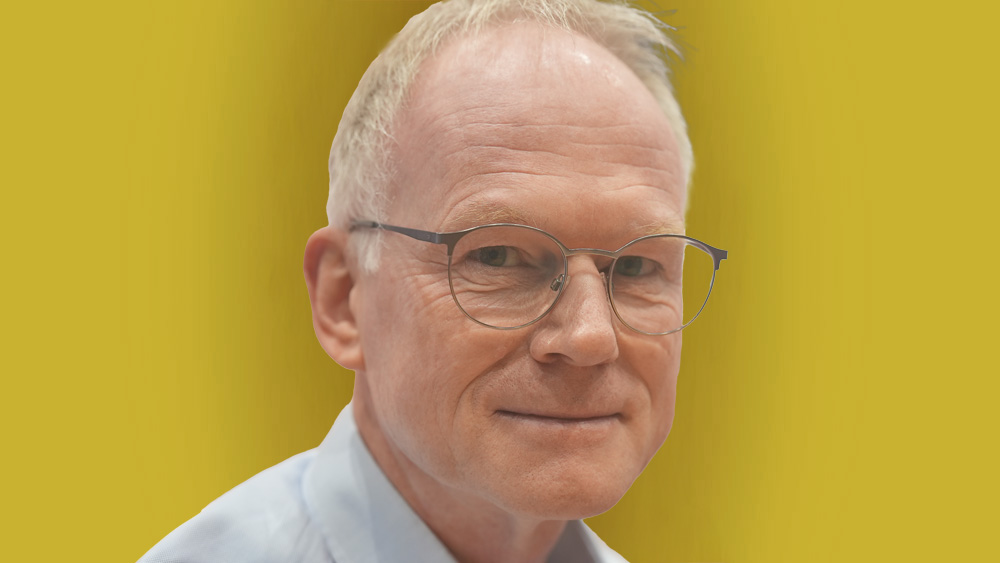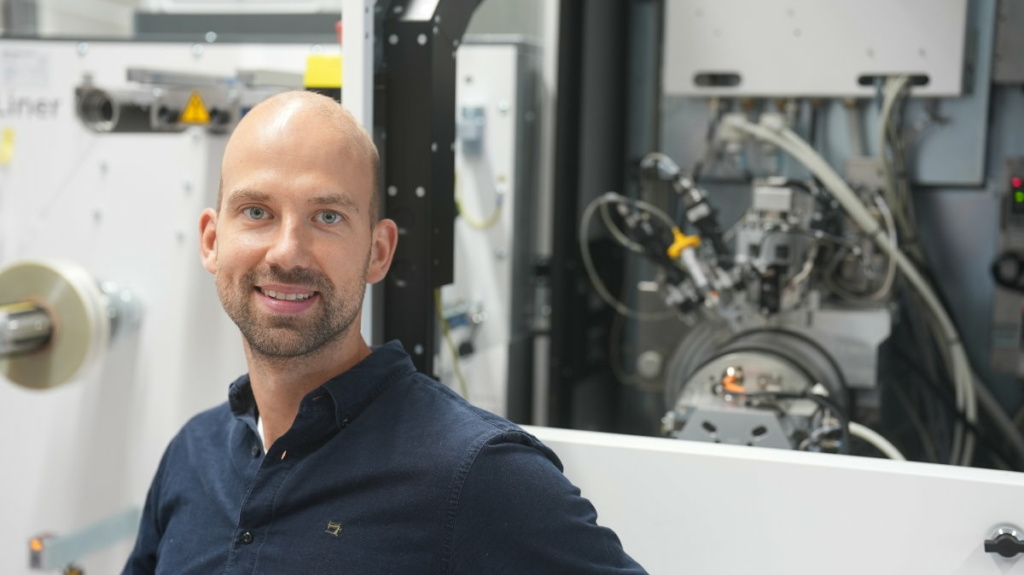Your cart is currently empty!

Robbert Dijkgraaf comes bearing gifts – who will get one?
The new Dutch Minister of Education, Culture and Science, Robbert Dijkgraaf, has money to spend. Will the physicist be inclined to favor the natural sciences and engineering disciplines?
A bunny joining a pack of wolves. That was my first thought when I learned that renowned theoretical physicist Robbert Dijkgraaf accepted the position as Minister of Education, Culture and Science (ECS) in the recently sworn-in cabinet Rutte IV. Such a nice guy, whose twinkly eyes on TV enthused so many about the wonders of science, won’t last a week in the ruthless political arena, I reckoned. Remember what happened to fellow high-flying scientist Ronald Plasterk? Even though the molecular geneticist projected much more of an alpha male aura than Dijkgraaf, his two tenures as a minister didn’t amount to anything memorable. The (former?) social-democrat now writes contrarian opinion pieces that are particularly well-received by far-right populists.
Such judgments are superficial, of course. There’s no reason to suppose that Dijkgraaf’s appointment is doomed from the start. The coalition seems to have a genuine desire to address a number of long-standing issues in the academic community and is giving Dijkgraaf a nice chunk of spending money to do so. Quite a relief, after the rather ham-handed approach of the three previous Rutte cabinets to research and education.
Still, it’s interesting to speculate about how much of an ally Dijkgraaf will be to the applied and engineering sciences. This is especially relevant because the coalition agreement contains lots of euros but few concrete plans, with the science and education paragraphs being no exception. This presents Dijkgraaf with an opportunity to steer the available money one way or the other. At his very first press event, he already warned that he’s bound to disappoint people, indicating that he intends to make clear choices. As well he should – trying to keep everybody happy is a recipe for failure.
So, is Dijkgraaf likely to disappoint ‘us’ scientists and engineers? As you may remember, the previous ECS minister proposed some controversial changes to the higher education budget, essentially transferring money from the liberal arts, humanities and medical sciences to STEM research and education. Technical universities would have particularly benefited from this transplant, which eventually was watered down.
Dijkgraaf opposed the redistribution. While acknowledging that the STEM sector was in distress, he felt that the budget-neutral operation wasn’t the right thing to do. “Ever tried to give a kid a present that you just took away from another child?” the director of the Institute for Advanced Study in Princeton sneered (link in Dutch). Rather than playing a “naive zero-sum game” with a “cold-hearted accountant mentality,” he argued for budget increases across the board.
Perhaps a bit of Dijkgraaf’s artistic side is shining through here; he attended art school for a year after first-year physics classes at university proved disappointing. Dijkgraaf clearly has an appreciation for all avenues exploring existence, be it sciences unraveling the universe or art picking at the scabs of the human condition. In that respect, he was a perfect president of the Royal Netherlands Academy of Arts and Sciences.
Dijkgraaf therefore won’t be naturally inclined to favor STEM, as some might hope a ‘hardcore’ physicist would do. Just as well, an ECS minister probably shouldn’t play favorites based on his own personal preferences. But, to extend Dijkgraaf’s own analogy, it doesn’t make sense that if one child gets a gift, the other should get an equally expensive one.
Investments in knowledge and education should take into account the most urgent needs of society. If those happen to be social scientists, then by all means direct more money towards educating those. But, as I’ve argued before, the humanities (including social sciences) in the Netherlands are already generously funded compared to most European countries. Meanwhile, graduates of these disciplines historically have more difficulty finding fitting jobs.
I hope that Dijkgraaf keeps this in mind when he allocates the budget increases that he previously advocated. Nobody is looking for a strictly utilitarian view on higher education, but sometimes it makes sense to give one child a little more than the other.
Main picture credit: Martijn Beekman


